Into the wetland
Migrating from cities to rural areas
Argentina (2022-in process)
"Into the wetland" follows Natalia (31), mother of Benjamin (13), Enzo (11) and Noah (7), in the journey to their new home as they migrate from the city.
Cities occupy “only 2% of the territory of the planet" but concentrate more than half of the world's population. Argentina is one of the most urbanized countries, with 92%. The rural population represents only 8%. However, since the beginning of the pandemic, the number of people interested in migrating from the cities has grown substantially.
Natalia's children were born in Las Catonas, a slum located on the outskirts of Buenos Aires where lack of opportunities and drugs are the fate of many young people. "I didn't want my children to grow up there." Her decision to leave the city is a quest to twist that fate. Celia, 95 years old and born on the island, is the living memory of the Delta and the family's new neighbor.
According to the last population Census ten thousand people lived here on 2010. It is estimated that this number has doubled in recent times. The project sheds light on the inverse migration issue, which is happening not only in Argentina, but globally. The crisis has led us to review our way of living. Like frames of a movie, past, present and future come together in this story to illustrate that there are other ways of life far from the big cities.
This type of migration could reshape the economic and social landscape of cities in the coming years and Argentina, with its vast territory and diverse landscapes, strikes me as the perfect place to tell this global story.


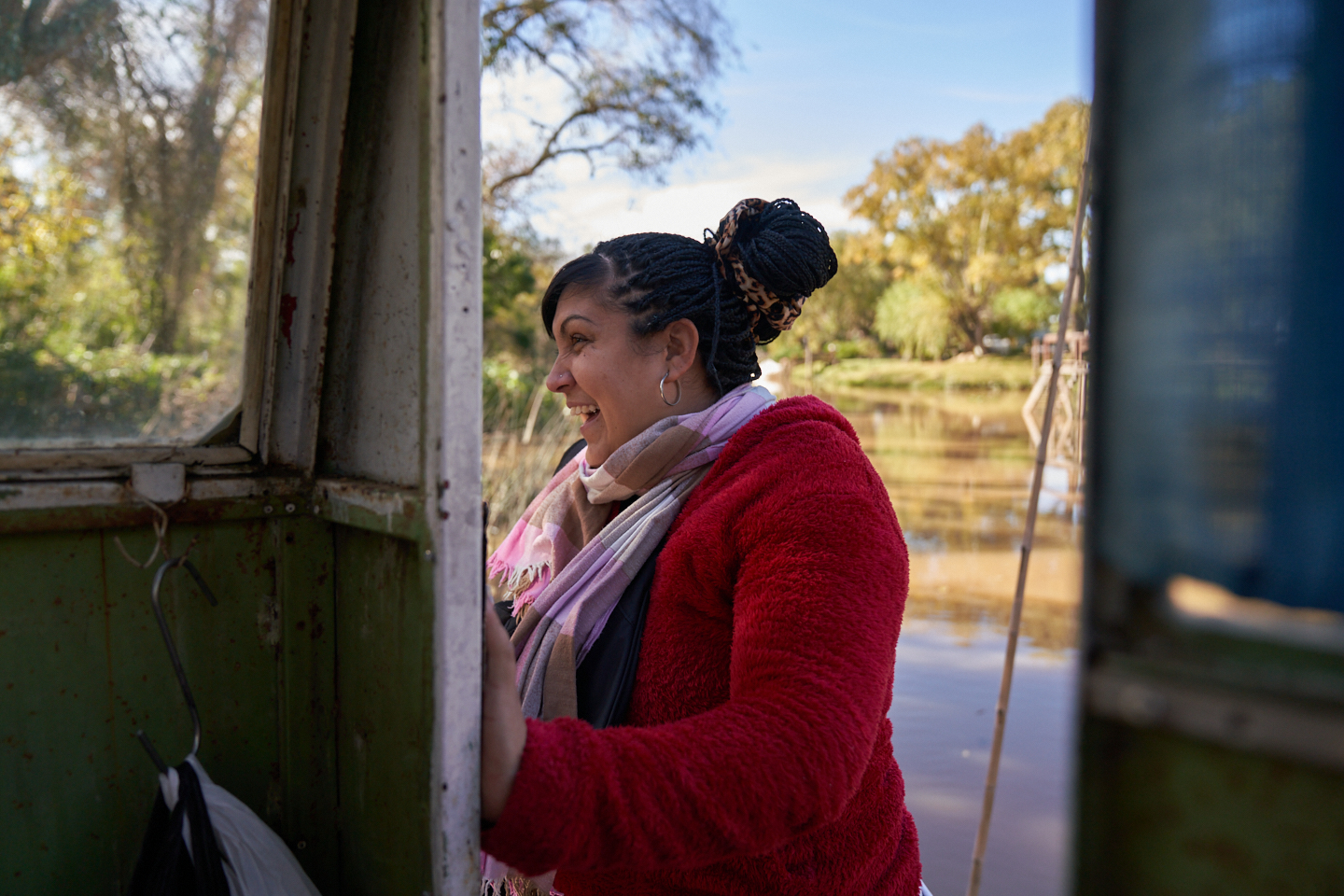



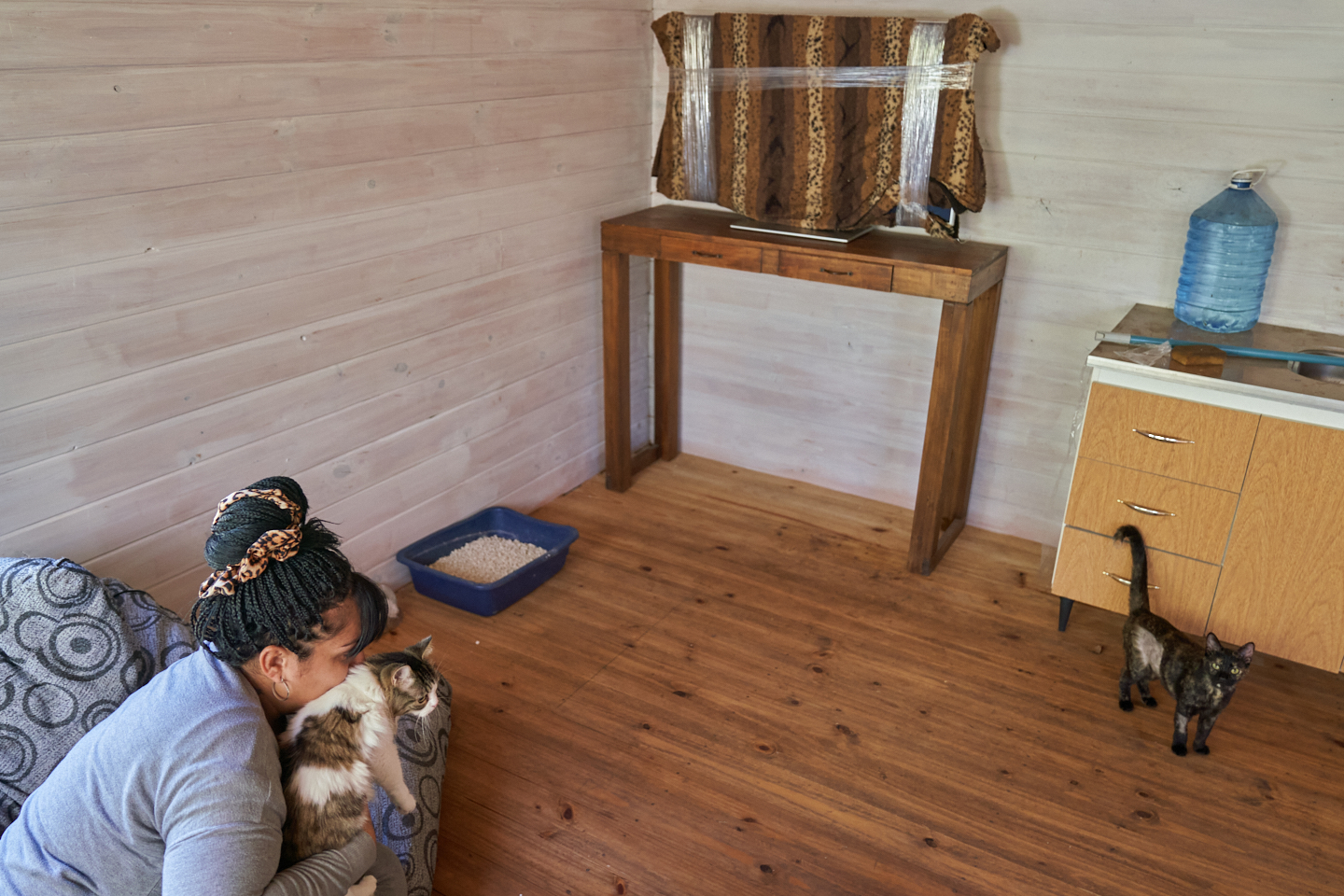



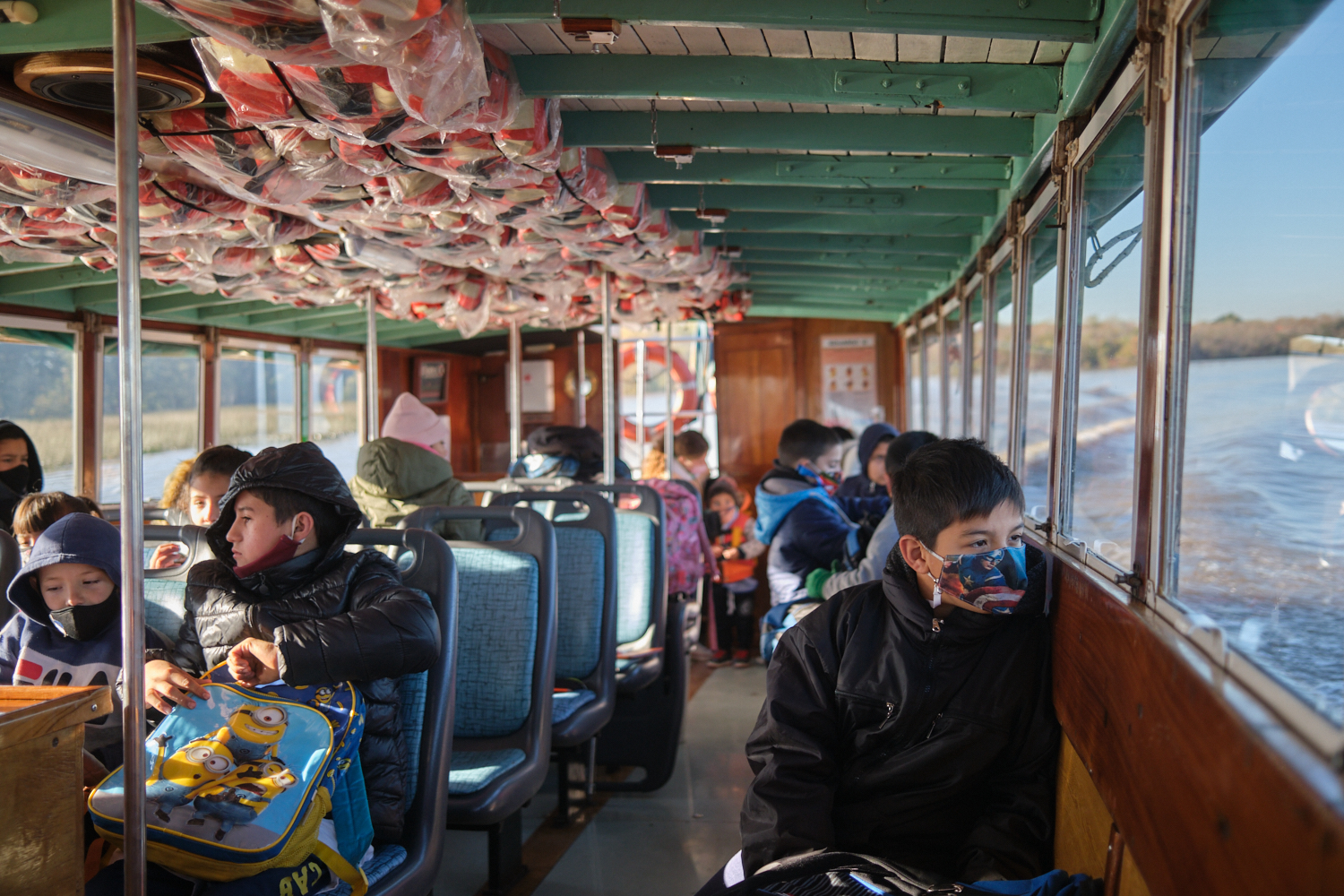










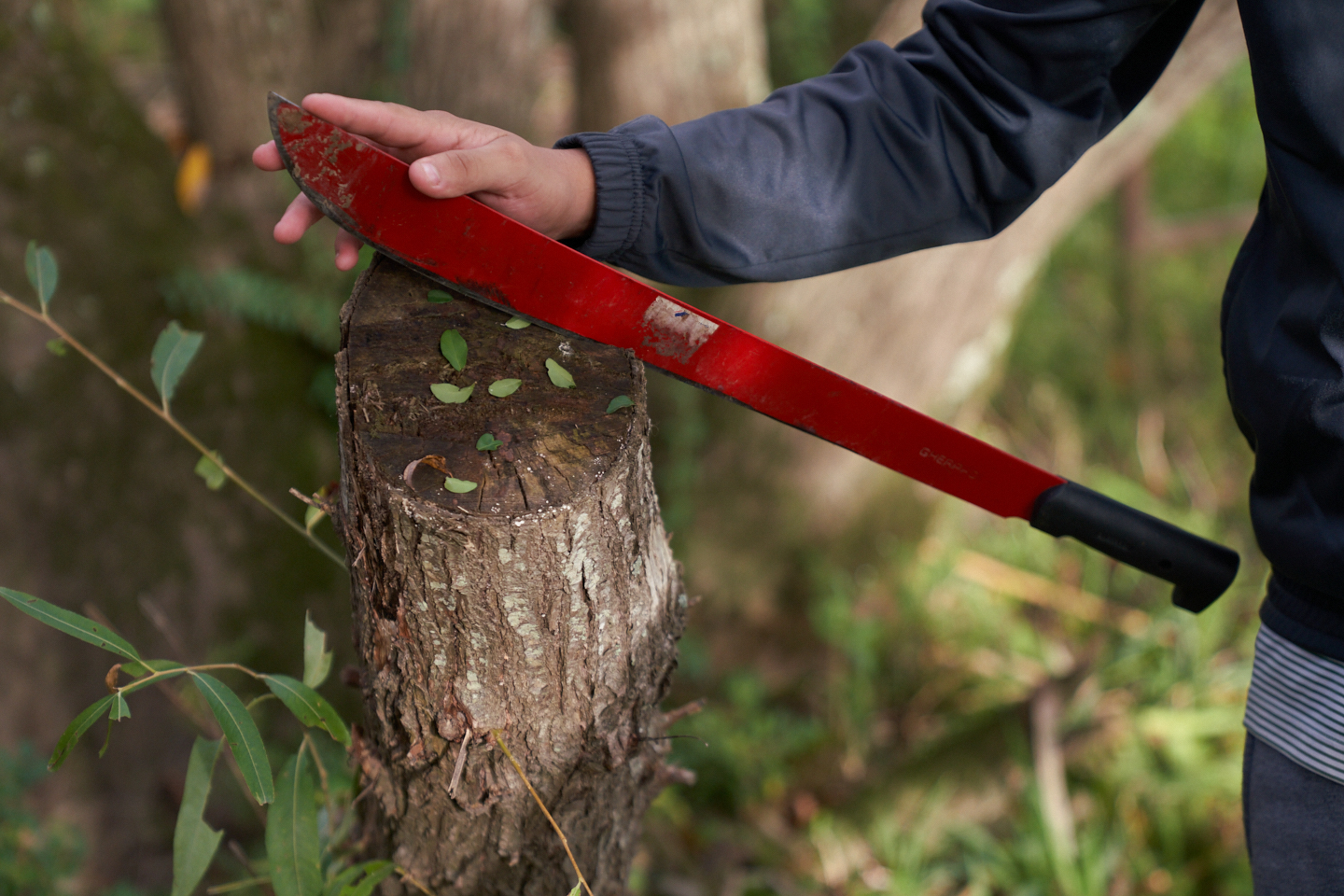
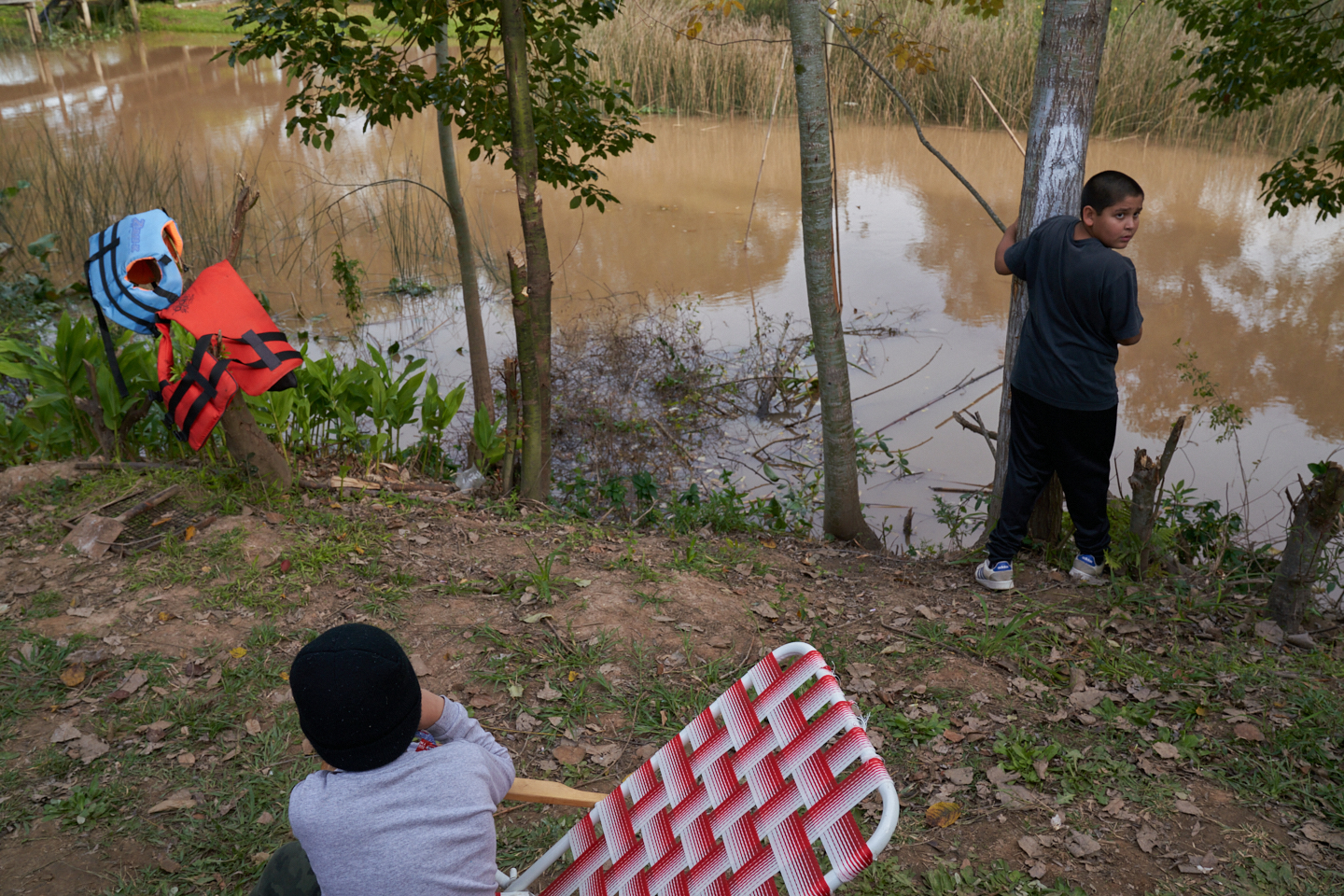
[spanish]